Job Title: Graduate Research Assistant (GRA) – Intervention Development, Dissemination, and Implementation
Hours per week: 12 – 15 hours/week
Schedule requirements/preferences: Availability to work a consistent schedule during the week.
Position Type: Part Time
Organization: Intervention Development, Dissemination, and Implementation Shared Resource
Operating Unit: Winship Shared Resources
Department: Winship Cancer Institute
Position Description: The Intervention Development, Dissemination, and Implementation Shared Resource seeks 1 part-time Graduate Research Assistants (12 – 15 hours/week). IDDI provides services to cancer researchers who are looking for support with behavioral science research methods. The GRA in this position will have the opportunity to work on a variety of cancer-related research projects across the cancer spectrum from primary prevention to survivorship. GRA will be involved in qualitative data analysis, conducting structured literature reviews, data collection and data entry, developing data collection instruments (e.g., surveys, focus group guides) or other project materials, preparing summaries and reports, and other duties to support research projects.
Background: IDDI’s mission is to provide Winship members with access to expertise in behavioral science research methods, and to support them in developing, testing, or disseminating behavioral, educational, and systems interventions to prevent cancer, detect cancer early, and/or improve survivorship among Georgia residents. The IDDI team builds on expertise within the Emory Prevention Research Center (EPRC) and the Department of Behavioral, Social, and Health Education Sciences, Rollins School of Public Health. Click here for more information about the IDDI core.
Minimum Qualifications: Highly motivated, efficient, organized, detail-oriented and interest or experience working on research, evaluation, or cancer prevention and control. Prior experience with qualitative data analysis (e.g., coding).
Preferred Qualifications: Prior work experience preferred. Excellent written and verbal communication skills. Experience with Microsoft Office products. Experience with Excel, Access, online survey software, or SPSS a plus.
Compensation: $15/hour
Start Date: as early as May 9, 2022
Application Deadline: till position is filled
(Applications will be screened as they arrive; positions may be filled prior to this deadline.)
Contact Information: Send resume and cover letter by email to:
Shaheen Rana, IDDI
shaheen [dot] rana [at] emory [dot] edu
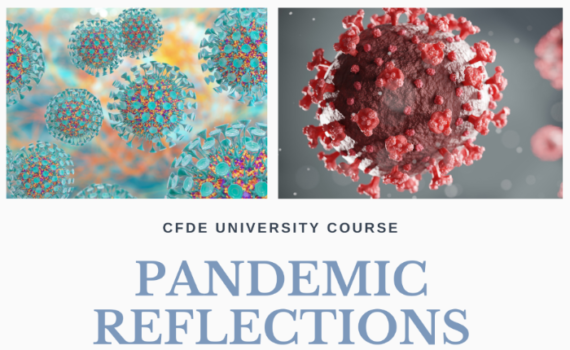


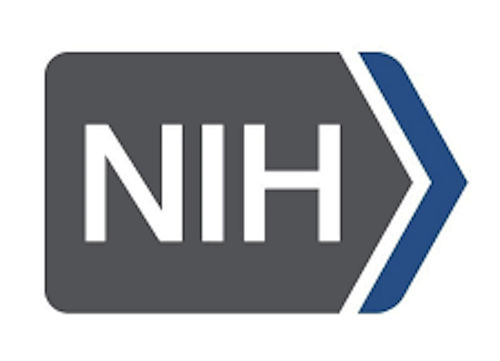


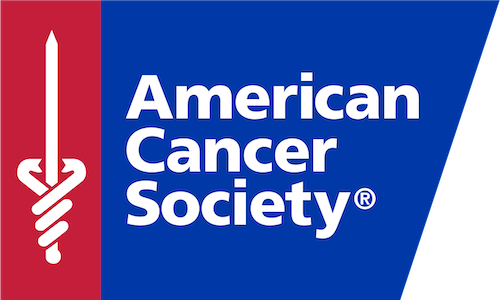
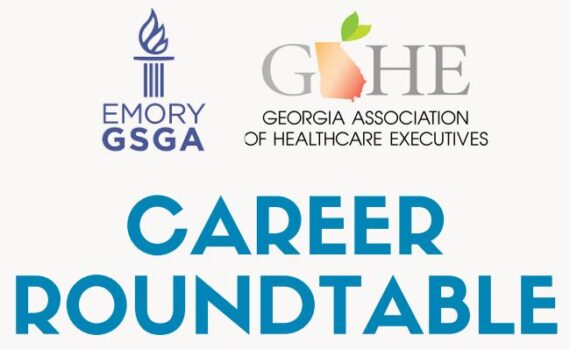


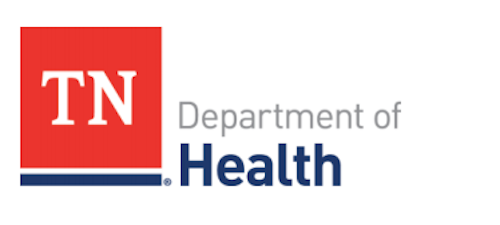
Recent Comments